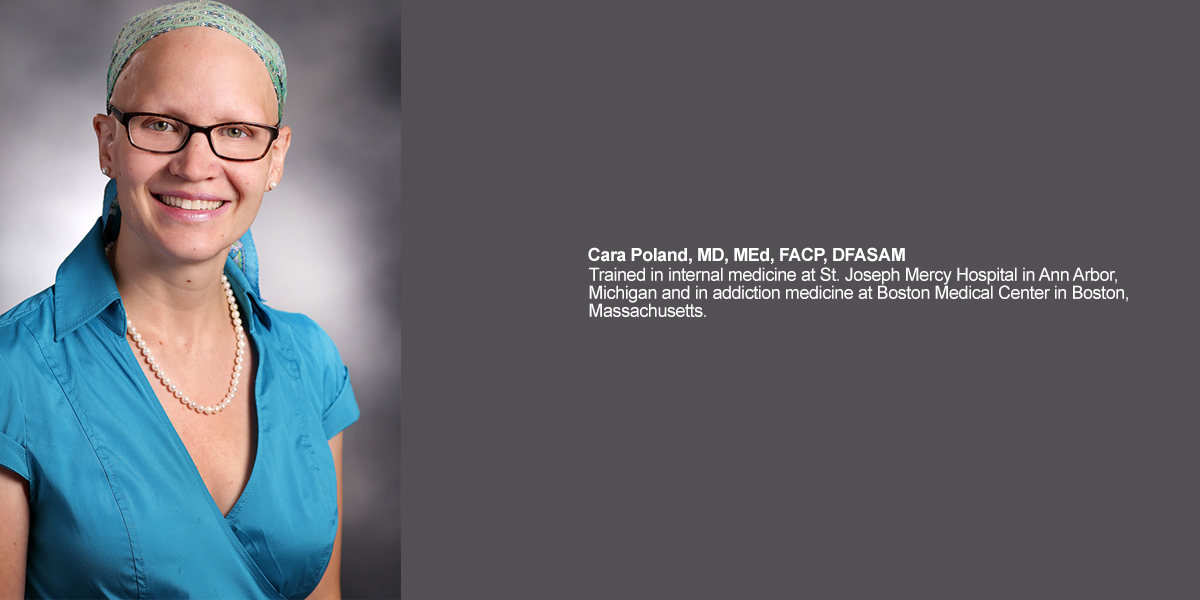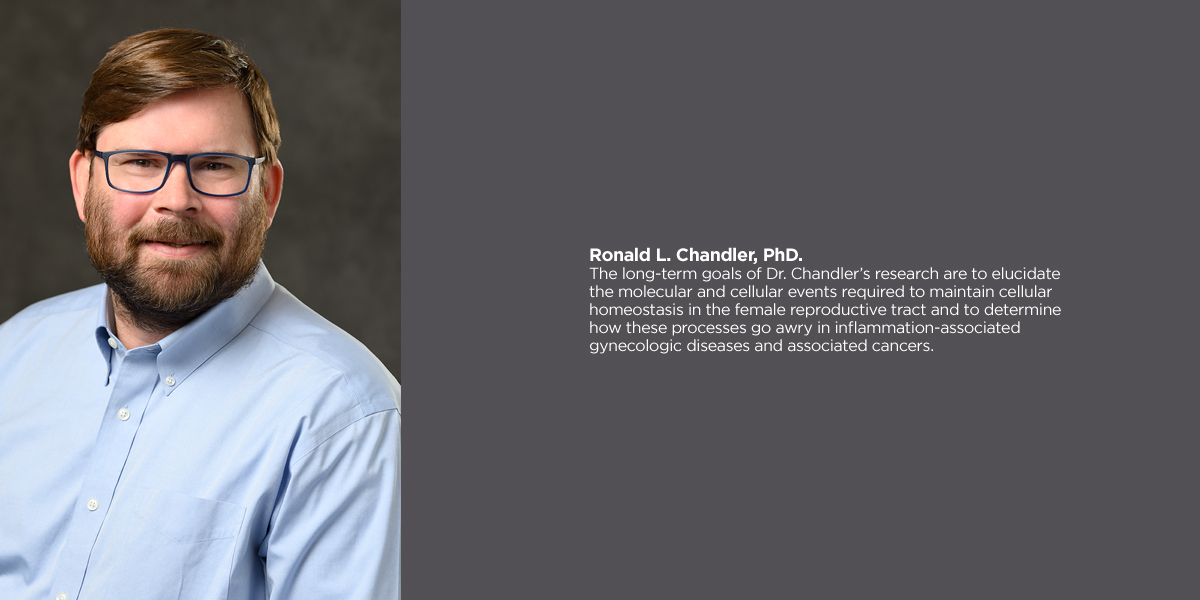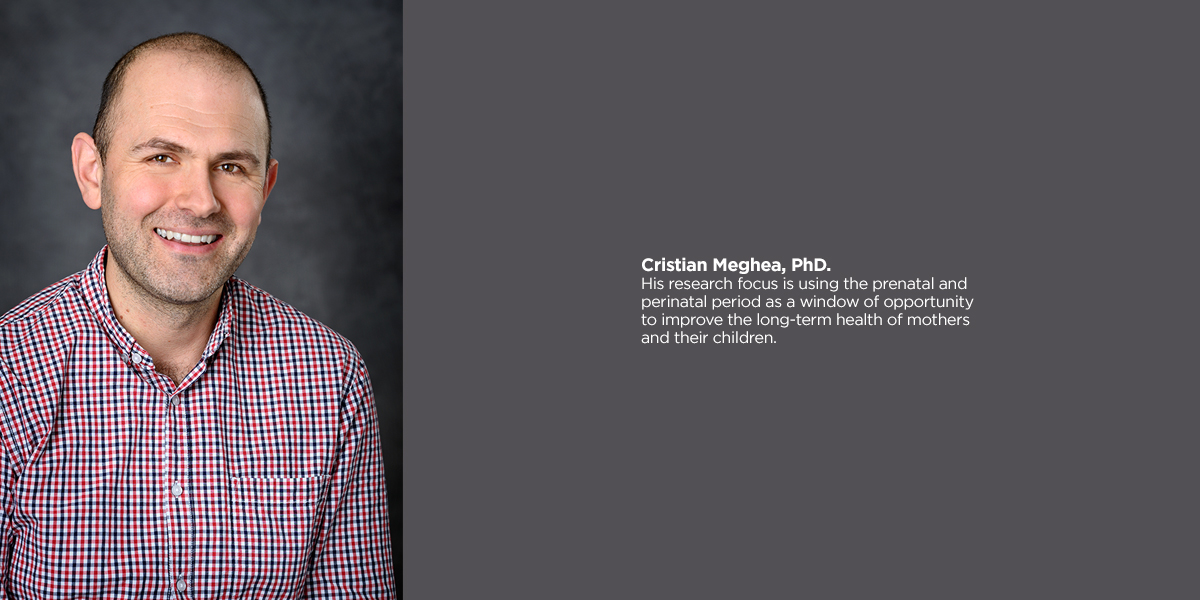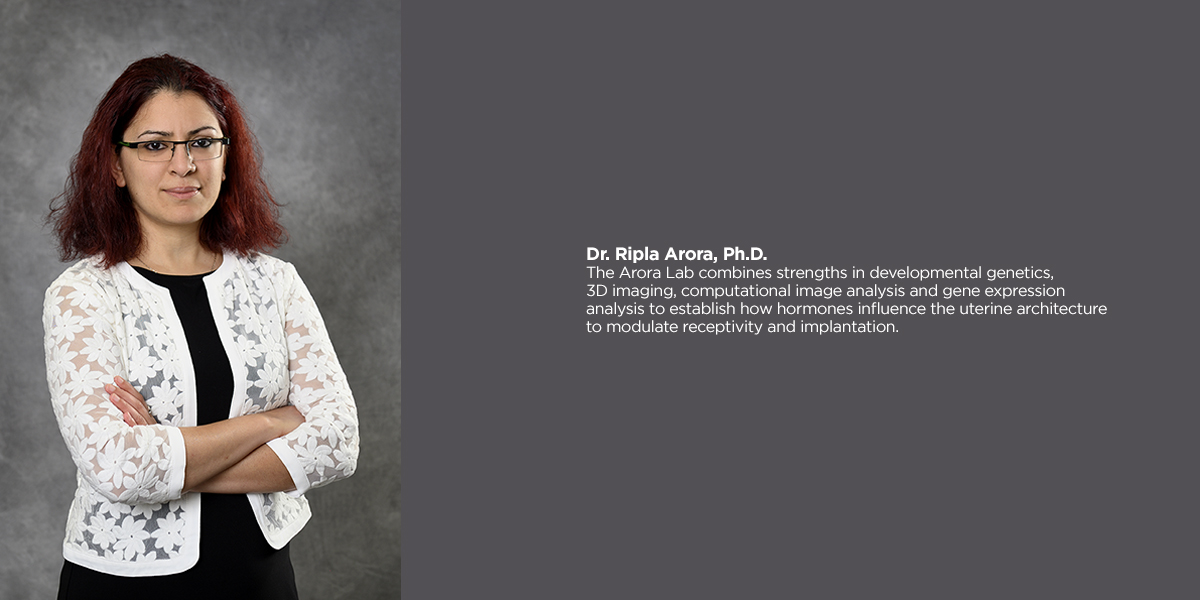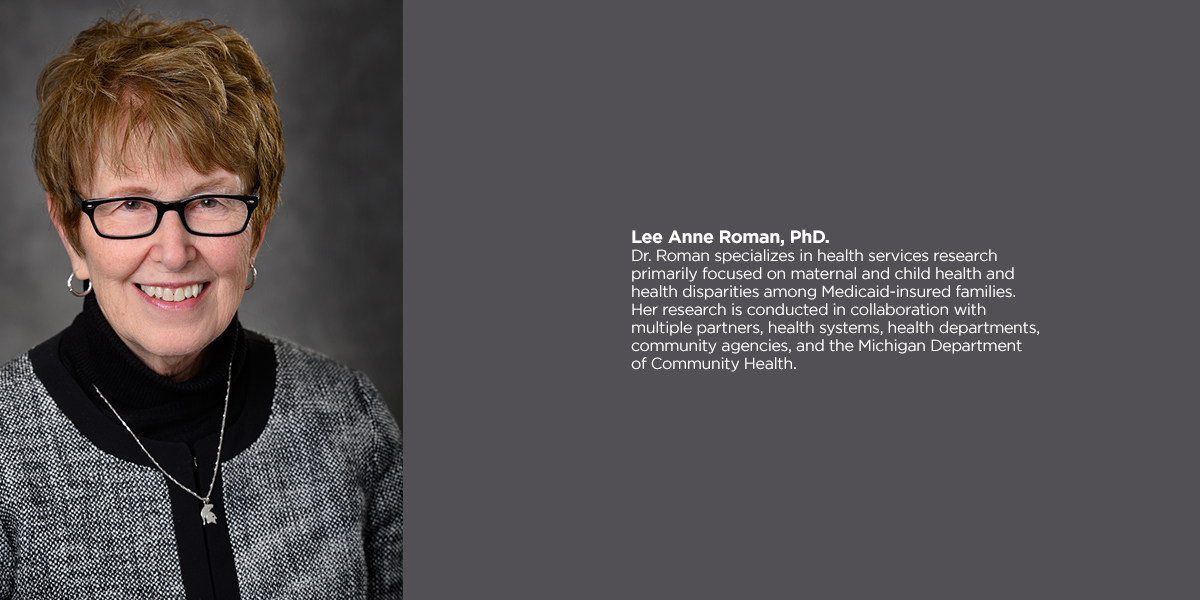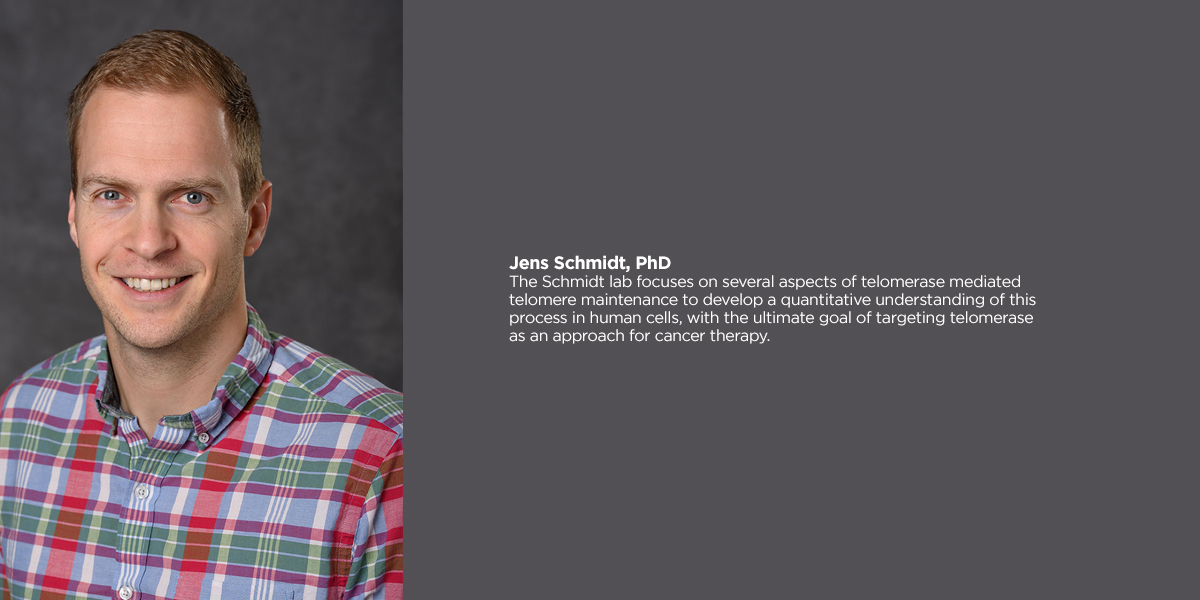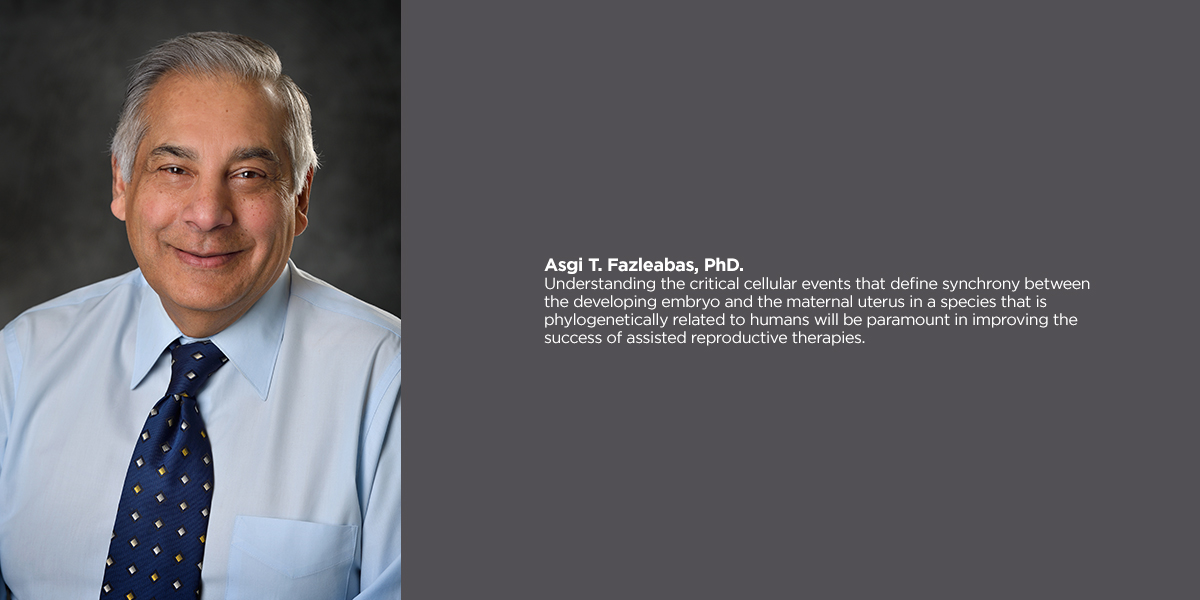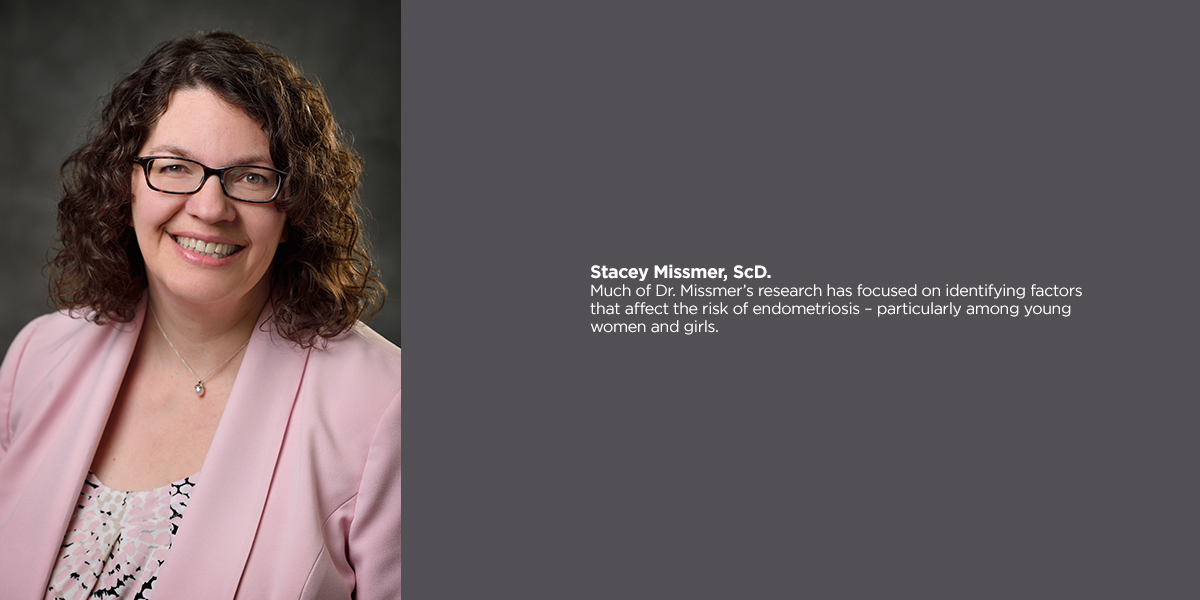Michigan State University’s Department of Obstetrics, Gynecology and Reproductive Biology in the College of Human Medicine has grown in prestige in the number of top researchers it has attracted, as well as garnering more federal grant funding.
New study may lead to fewer hysterectomies in women with uterine fibroid tumors
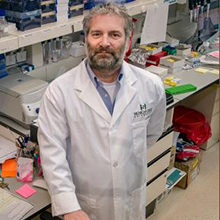
Uterine fibroid tumors are the leading cause of hysterectomies in the U.S., yet little is known about what causes them. A new study, however, has taken researchers one step closer to understanding how these tumors develop and grow.
Researchers at Michigan State University College of Human Medicine, Van Andel Institute and Spectrum Health have uncovered new information about the genes associated with the tumors — a breakthrough that may lead to better treatments that could help many women avoid surgery.
“This study could not have been done without that collaboration,” said Jose Teixeira, who proposed the research and who is a professor in the Department of Obstetrics, Gynecology and Reproductive Biology.
New website stimulates new cancer research synergies at MSU
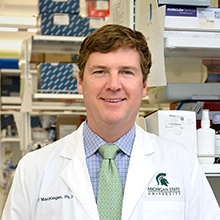
Michigan State University has unveiled a new website highlighting the vast amount of cancer research being conducted throughout the university.
The site, cancer.msu.edu, features the research of 95 faculty members spread across 20 departments and eight colleges.
“When we began compiling the list of faculty engaged in cancer research, it was amazing to see just how diverse and robust MSU’s cancer research program really is,” said Jeff MacKeigan, professor and assistant dean for research in the College of Human Medicine, who oversaw the project.
NIH Grant Studies Interpersonal Psychotherapy for Perinatal Depression

Jennifer E. Johnson has been awarded a five-year, $3,358,550 grant to study treatment for major depressive disorder among women who have recently experienced perinatal loss—miscarriage, stillbirth, or early neonatal death. This study is the first fully powered randomized trial of treatment for any psychiatric disorder following perinatal loss.
September 14, 2020
The rates of major depressive disorder (MDD) among women who have recently experienced perinatal loss—miscarriage, stillbirth, early neonatal death—are three times that of the general population of women. Mood difficulties can persist up to four years after the loss, suicide rates are high, and PTSD rates are seven times that of mothers of living infants. MDD causes significant impairment, yet treatment has been inadequate.

